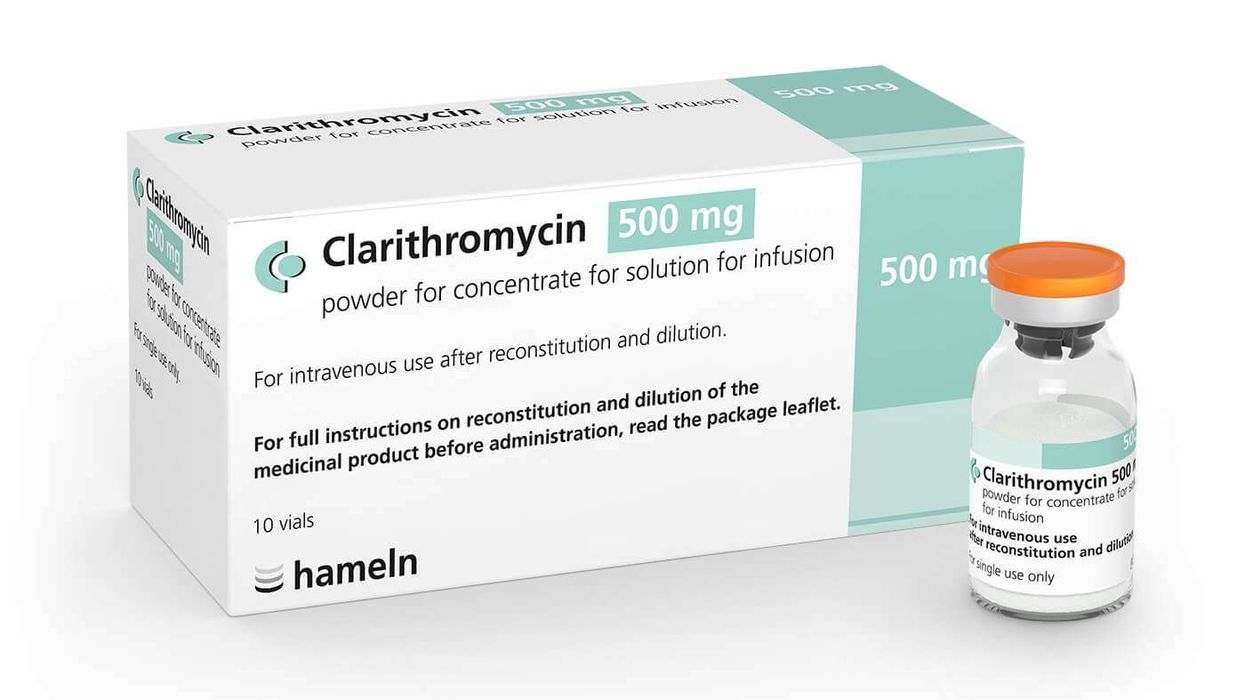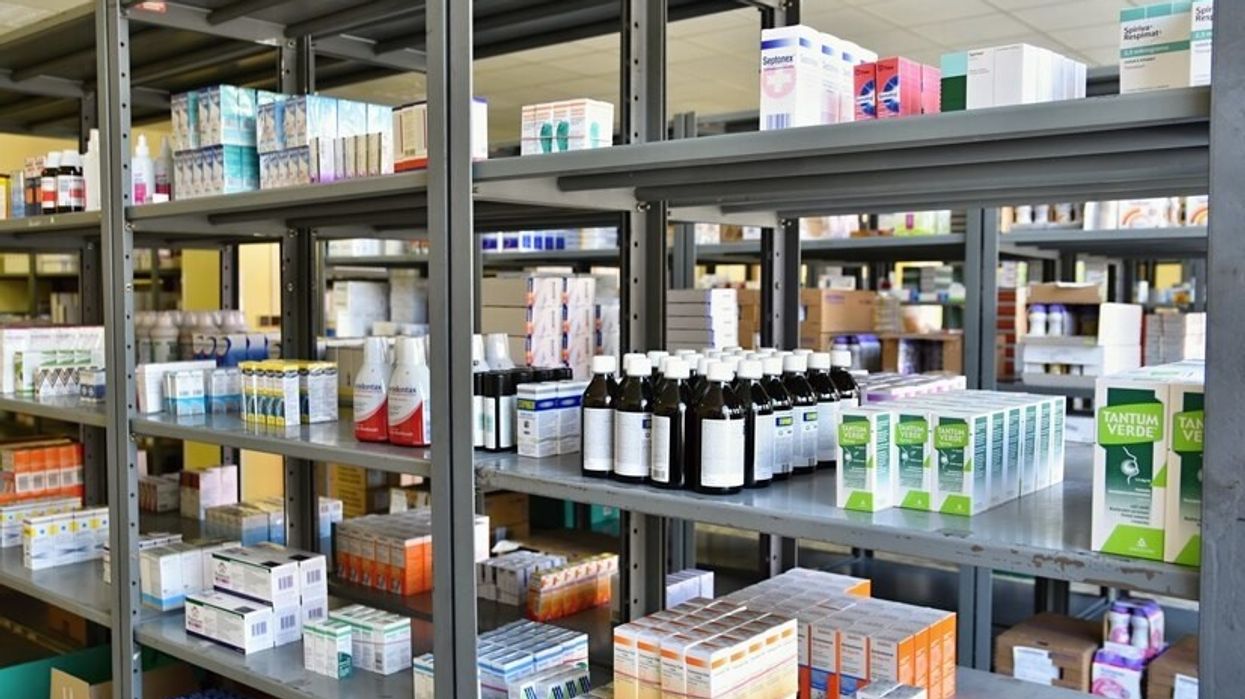Provisionally registered pharmacists have reported to the Pharmacists Defence Association (PDA) that they have been blocked by the NHS from acting as bank pharmacists.
“Our members are being advised they cannot work as bank pharmacists, even when the work in question is not only within the NHS organisation, but is even at their own trust where they are employed and practising,” the PDA said in a statement on .
The GPhC document states that, if a candidate wants to practice as a provisionally-registered pharmacist, then they should be employed directly by the organisation or business in which they are working. This includes the roles of relief or bank pharmacists within the organisation or business.
Given the GPhC policy, the PDA wrote to NHS Professionals to ask them to rectify the situation or to explain why "our members are being advised that they cannot work as a bank pharmacist through their organisation".
The subsequent reply from NHS Professionals outlined that as an organisation they did not feel that they would be able to have the required assurances that a provisionally-registered pharmacist needs in order to be able to work in a way that meets all the criteria detailed in the ‘Working as a provisionally-registered pharmacist’ guidance from the GPhC.
“Due to the engagement between NHS Professionals, the Pharmacist and the Client Trust, it is our understanding that NHS Professionals would not be able to ensure that a Provisionally Registered Pharmacist is:
- Employed directly by the organisation or business which they are working for, or
- Practicing under the guidance and direction of a senior pharmacist
“Additionally, it is NHS Professionals’ interpretation that, although not deemed an agency ourselves, NHS Professionals very much works in a similar capacity to how a locum agency would work, albeit with different contractual relationships.
“Due to this, and the additional details around ‘Roles you can’t take up as a provisionally-registered pharmacist’ (risk assessments and structured support), NHS Professionals does not feel it can make assurances that the requirements outlined in that section are possible.”
PDA members impacted by this decision, who are already working within NHS hospitals as provisionally registered pharmacists were disappointed with the response from NHS Professionals.
One said: “Despite being offered provisional registration and the GPhC policy allowing for prov-regs to work on the bank, it is disappointing to note that NHS Professionals have chosen not to accept and support us. Some of the cohort were reasonably relying on bank opportunities for paid work and are now having to resort to non-pharmacy related jobs or benefits to help make ends meet. These are trained and skilled provisionally registered pharmacists who could contribute to patient care at one of the most pressured times for our NHS.”
The GPhC had clearly considered the position when they differentiated between ‘locums’ and those who would be able to work on the ‘bank’.
PDA further added: “With the flu season upon us and the normal NHS winter to be impacted in ways nobody can be sure of by the coronavirus pandemic, the PDA believes that new professionals should be given every opportunity to support patient care and to maximise their contribution to the challenges within the NHS that are to come."











